Project Funding Breathes New Life into Monitoring Greenland's Seafloor
23.11.2023The Greenland Climate Research Centre and the Greenland Institute of Natural Resources have received funding of DKK 17.2 million for ..
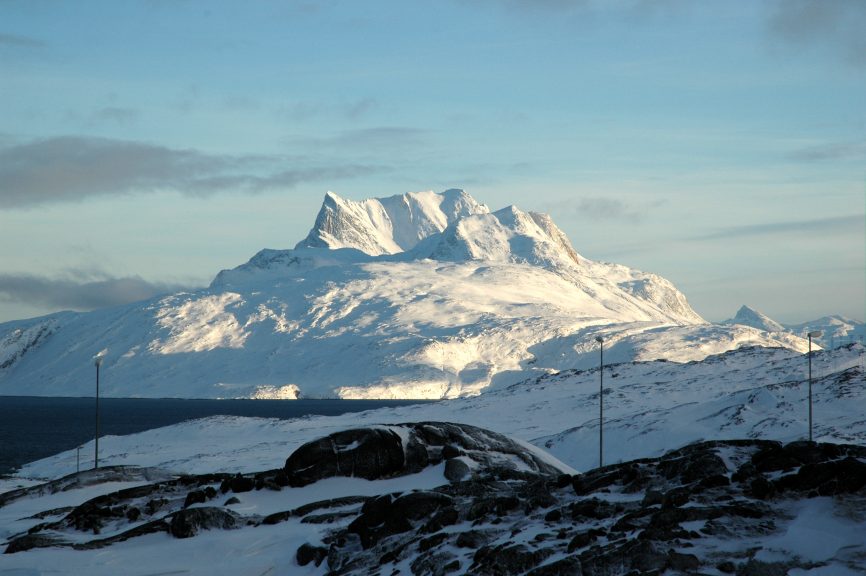
To apply for courses in the Arctic Science Study Programme (ASSP), please complete the “Student Information” form below. After submitting the completed form you will receive an e-mail with details on how to proceed with register for the courses and other practical information.
The ASSP offers graduate (masters) and PhD level courses. The courses in spring form one full semester (30 ECTS). Applicants applying for a full semester are given priority, however, it is possible to apply for single courses. You can find more information about the courses under Arctic Science Study Programme (ASSP).
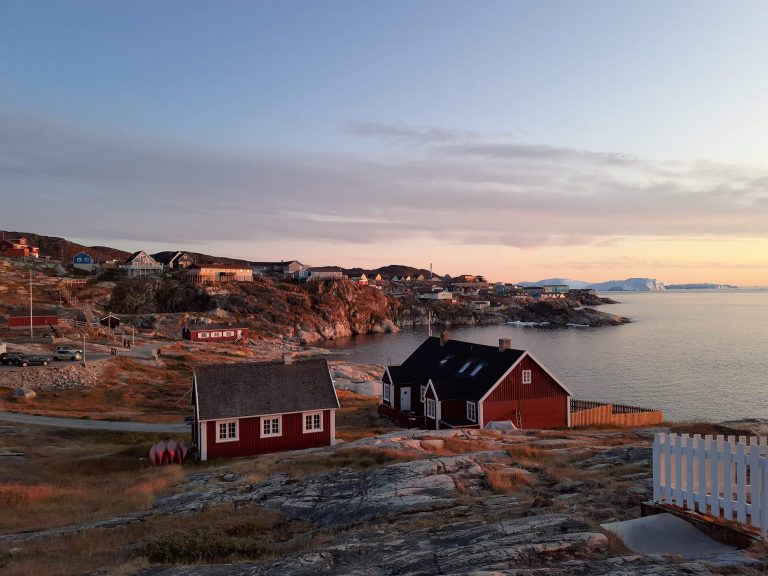
The Arctic Education Alliance, a new education partnership between organizations and universities in Greenland and the United States, will build vocational education programs that support sustainable tourism, hospitality, and land and fisheries management in Greenland.
The University of Alaska Fairbanks (UAF) and the Greenland Climate Research Centre at the Greenland Institute of Natural Resources will lead the effort. Other participants include Ilisimatusarfik, Pennsylvania State University, the University of Southern Maine, and Victoria Qutuuq Buschman, the partnership’s Indigenous Knowledge and Conservation advisor. The Arctic Education Alliance is sponsored by the U.S. Department of State through a cooperative agreement for approximately $1.8 million, awarded through a competitive process to UAF.
The Arctic Education Alliance aims to foster collaboration between education communities in the United States and Greenland, as well as expand mutual educational and economic opportunities. Identifying additional partner organizations in the Greenlandic and circum-Arctic tourism, natural resource management, and education sectors is the first step in the process. These partners will work together to assess industry and vocational education needs within Greenland, develop a plan to build educational capacity to meet those needs, and create curricula to support those efforts. The project will also feature an exchange program to bring Greenlandic students and higher education faculty members to Alaska to participate in workshops with partner organizations.
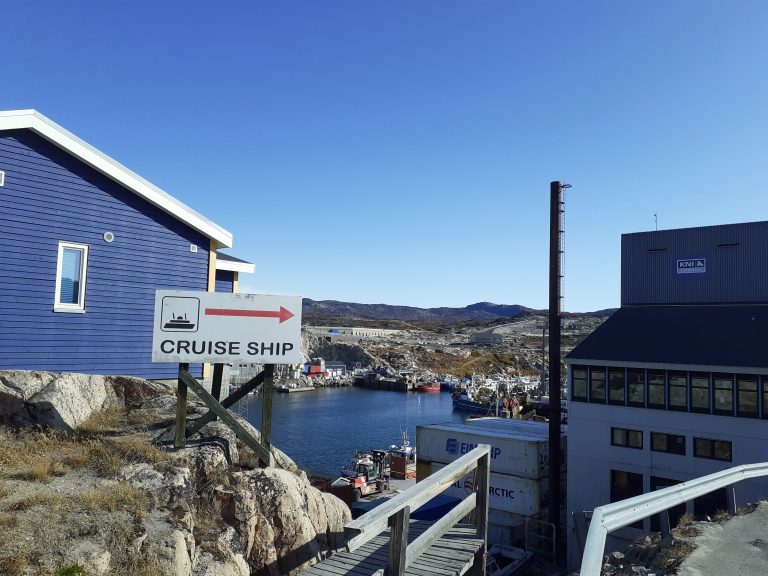
Photo by Nathan Reigner
The two-year project includes a sustainability plan to maintain collaboration after the initial program is complete and to ensure that Greenland and the United States realize lasting benefits from the project.
The Greenland Institute of Natural Resources and UAF are well-established institutions in Arctic science and education. The Institute studies Arctic ecosystems, advising the Government of Greenland and other authorities on sustainable use of living resources while safeguarding the environment. Along with a strong commitment to Arctic science, UAF adds its experience in tribal management, fisheries research, and Indigenous cultural programs.
ADDITIONAL CONTACTS: Byron Bluehorse, University of Alaska Fairbanks College of Community and Rural Development, 907-474-1580, bdbluehorse@alaska.edu; Lene Kielsen Holm, Greenland Institute of Natural Resources Greenland Climate Research Centre, +299 361200, info@natur.gl
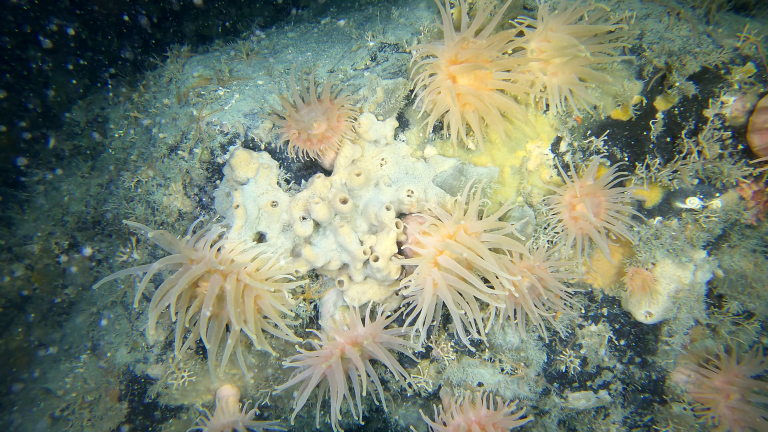
The Greenland Climate Research Centre and the Greenland Institute of Natural Resources have received funding of DKK 17.2 million for ..
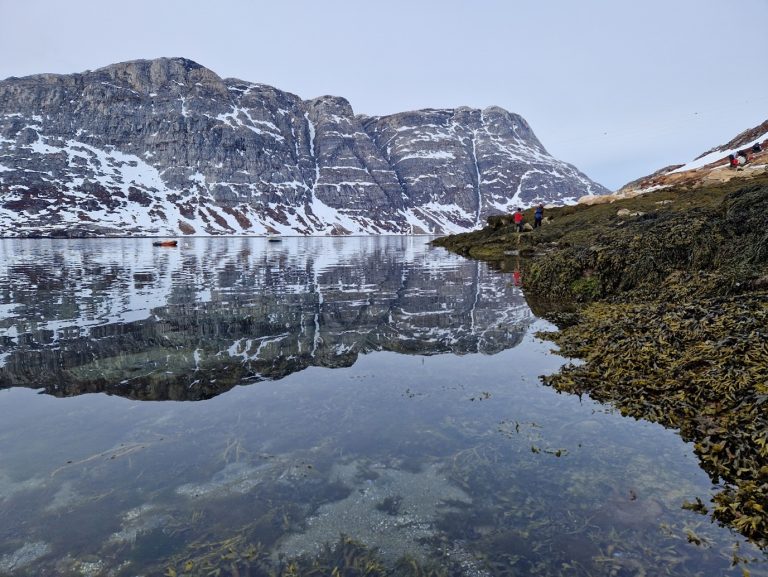
Macroalgae or seaweed are dominating rocky coastlines globally. Even here in Greenland, we can see small kelp such as the ..
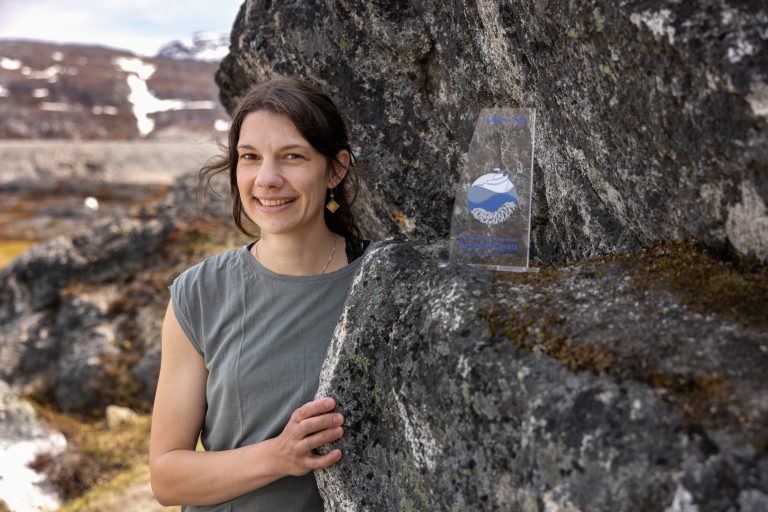
The dark, cold deep sea harbors many unseen treasures, one of which is corals that most people only associate with ..